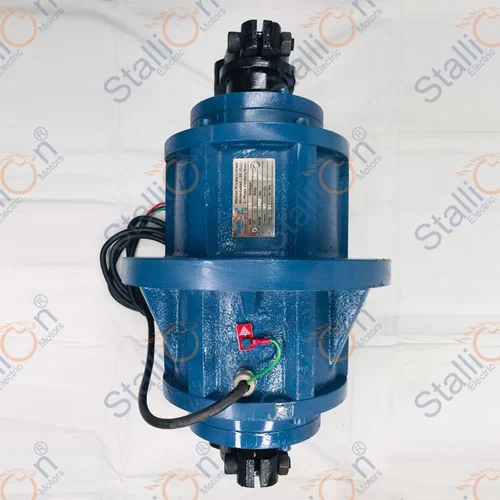Pharma Process Equipment's Motors
Pharma Process Equipment's Motors
Get a Quote For Pharma Process Equipment's Motors
Pharma Process Equipment's Motors Details :
Pharmaceutical process equipment's motors play a critical role in the pharmaceutical industry by powering various machines and equipment used in the production, processing, and packaging of pharmaceutical products. These motors ensure the efficient and controlled operation of equipment, maintaining the quality and safety standards required in the pharmaceutical industry.
Here are some examples of pharmaceutical process equipment's motors and their applications:
- Mixing and Blending Motors: Motors are used in mixers and blenders to homogenize and blend various pharmaceutical ingredients, ensuring consistent product qualit
- Granulation Motors: Granulators use motors to break down pharmaceutical powders into granules of specific sizes, which are then used for further processing or tablet compression.
- Tablet Press Motors: Motors power tablet presses that compact granulated materials into tablets with precise dimensions and characteristics.
- Coating Equipment Motors: Motors are utilized in coating equipment for applying protective or functional coatings to tablets, capsules, or other dosage forms.
- Packaging Equipment Motors: Motors drive various packaging machinery such as filling machines, capping machines, labeling machines, and sealing equipment.
- Conveying and Material Handling Motors: Motors power conveyors, elevators, and other material handling equipment, ensuring the smooth movement of pharmaceutical materials through the manufacturing process.
- Fluid Handling Motors: Motors are used in pumps, agitators, and mixers that handle pharmaceutical liquids and suspensions during various production stages.
- Sterilization Equipment Motors: Motors drive autoclaves, sterilizers, and other equipment used for the sterilization of pharmaceutical products and components.
- Drying Equipment Motors: Motors power drying ovens and equipment used to remove moisture from pharmaceutical products without compromising their quality.
- Quality Control Equipment Motors: Motors are used in equipment for testing and quality control purposes, such as particle size analyzers, dissolution testers, and other analytical instruments.
Considerations for Pharmaceutical Process Equipment's Motors :
- Compliance: Motors used in pharmaceutical equipment must meet regulatory standards and be compliant with guidelines such as cGMP (current Good Manufacturing Practices) to ensure product safety and quality.
- Hygiene and Cleanability: Motors must be designed to be easily cleaned and sanitized, minimizing the risk of contamination.
- Materials: Motors should be constructed from materials compatible with pharmaceutical processes and resistant to corrosion and chemical reactions.
- Accuracy and Precision: Motors used in equipment that requires precise dosing, mixing, or handling must offer accurate and consistent performance.
- Safety: Motors should have appropriate safety features and protections to prevent hazards and ensure operator safety.
- Validation: Equipment used in the pharmaceutical industry often undergoes validation processes to demonstrate that it consistently meets specified requirements.
- Energy Efficiency: Energy-efficient motors can contribute to reducing operational costs and environmental impact.
When selecting and integrating motors for pharmaceutical process equipment, collaboration with professionals experienced in both pharmaceutical processes and equipment engineering is crucial to ensure that the motors meet regulatory standards and contribute to the overall efficiency and safety of the manufacturing process.


